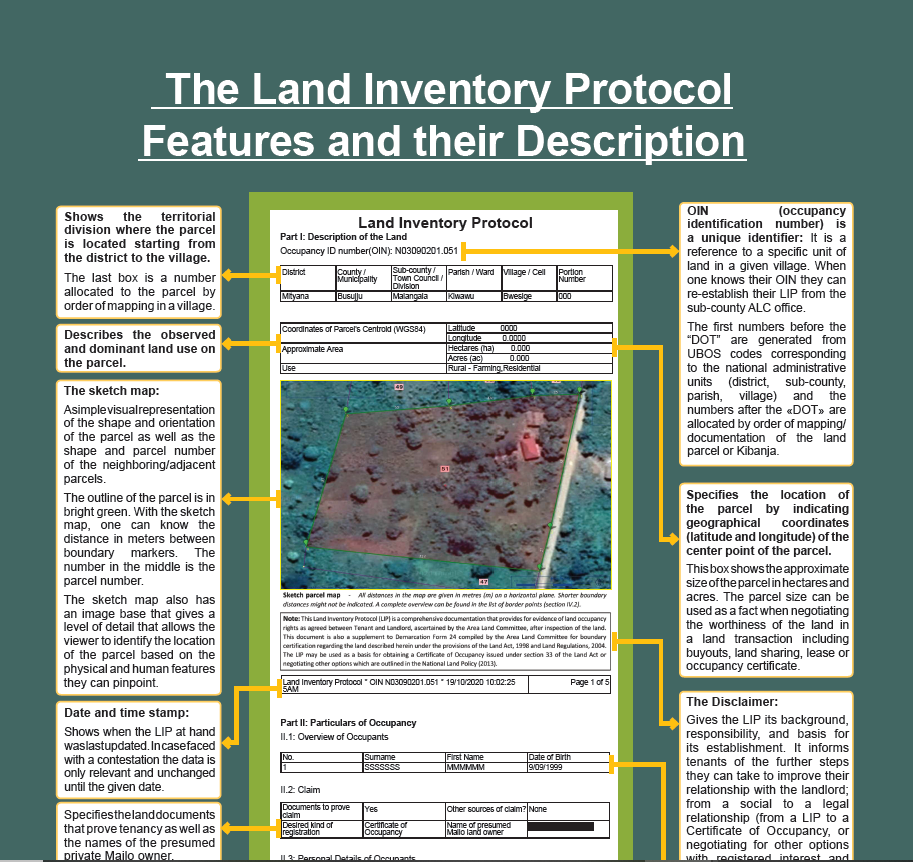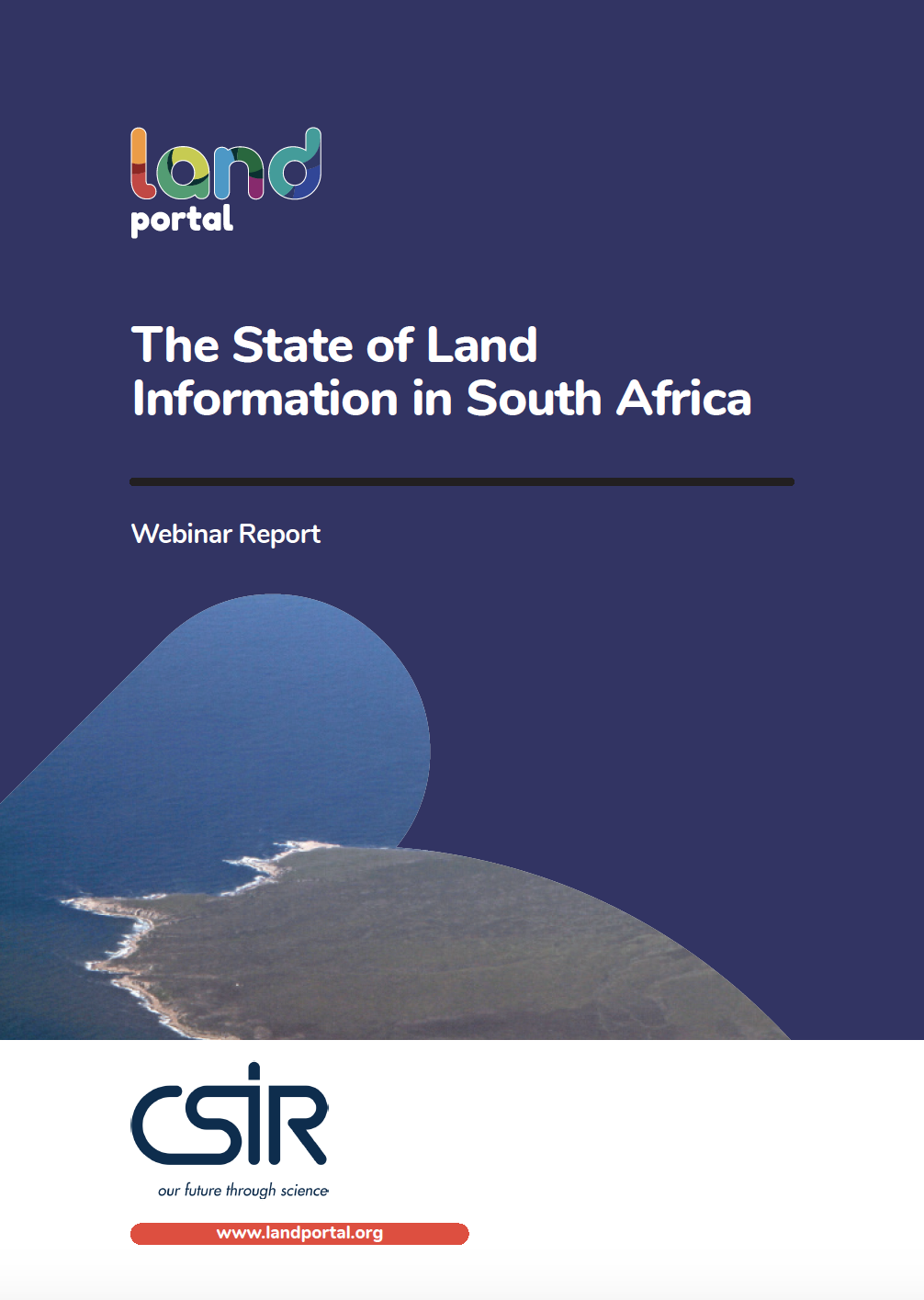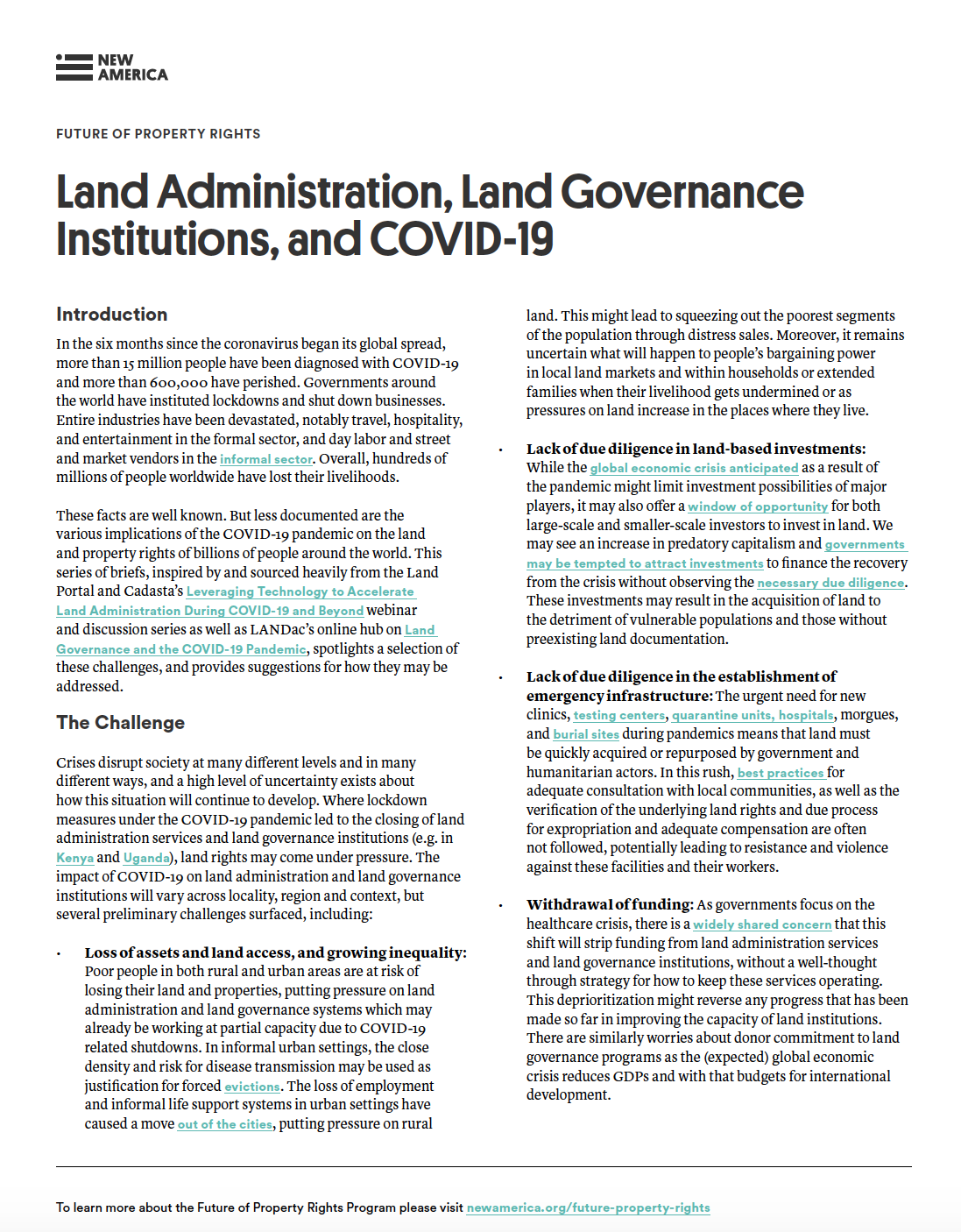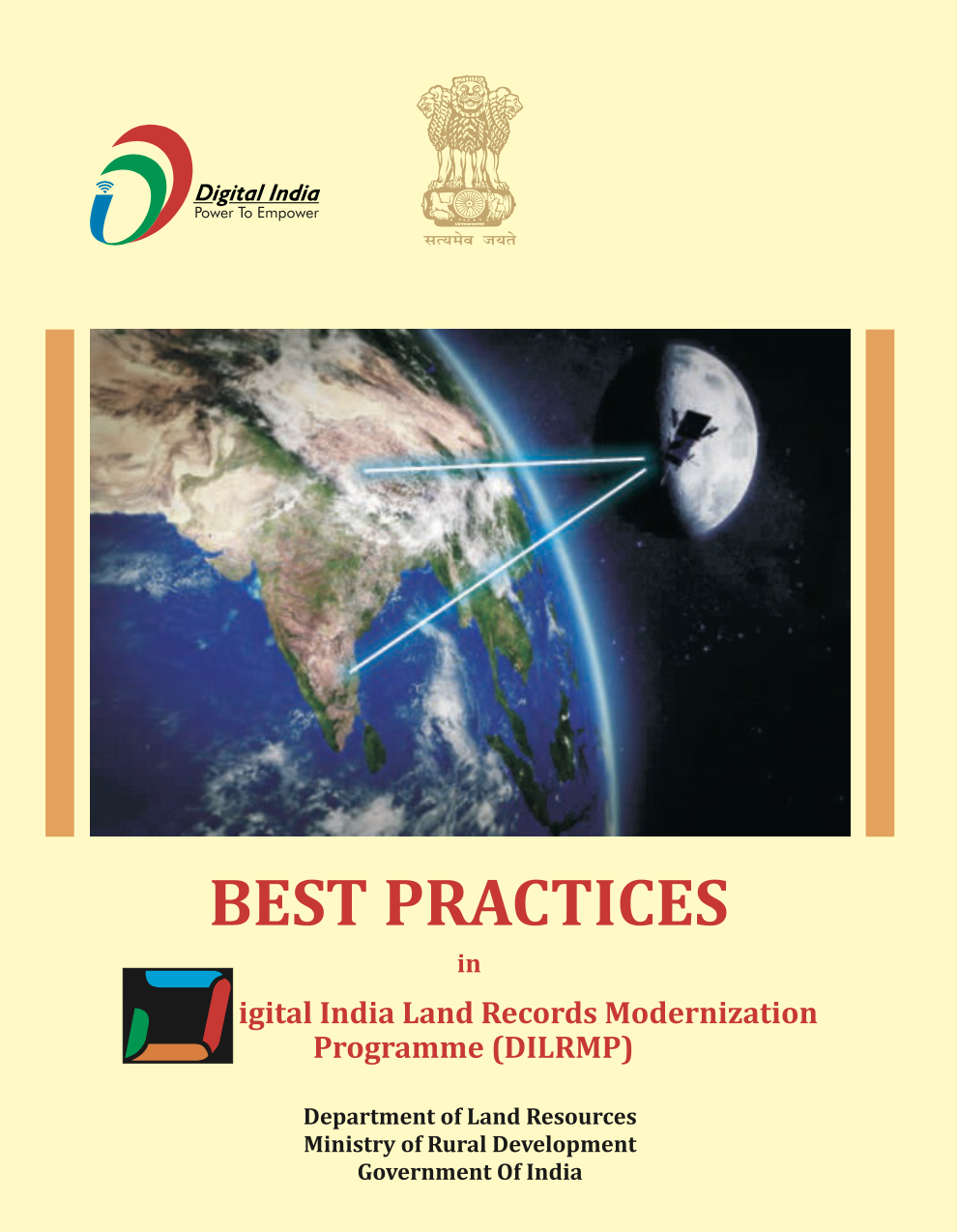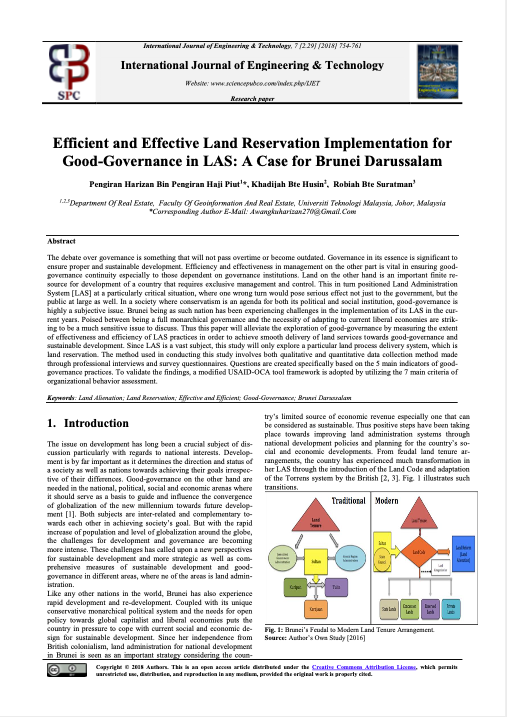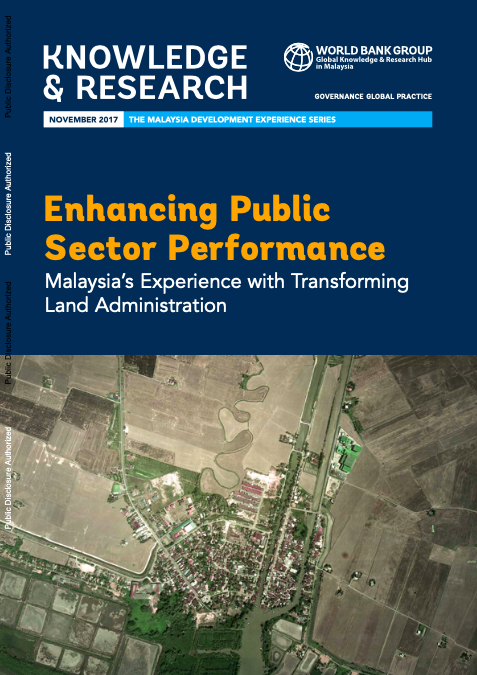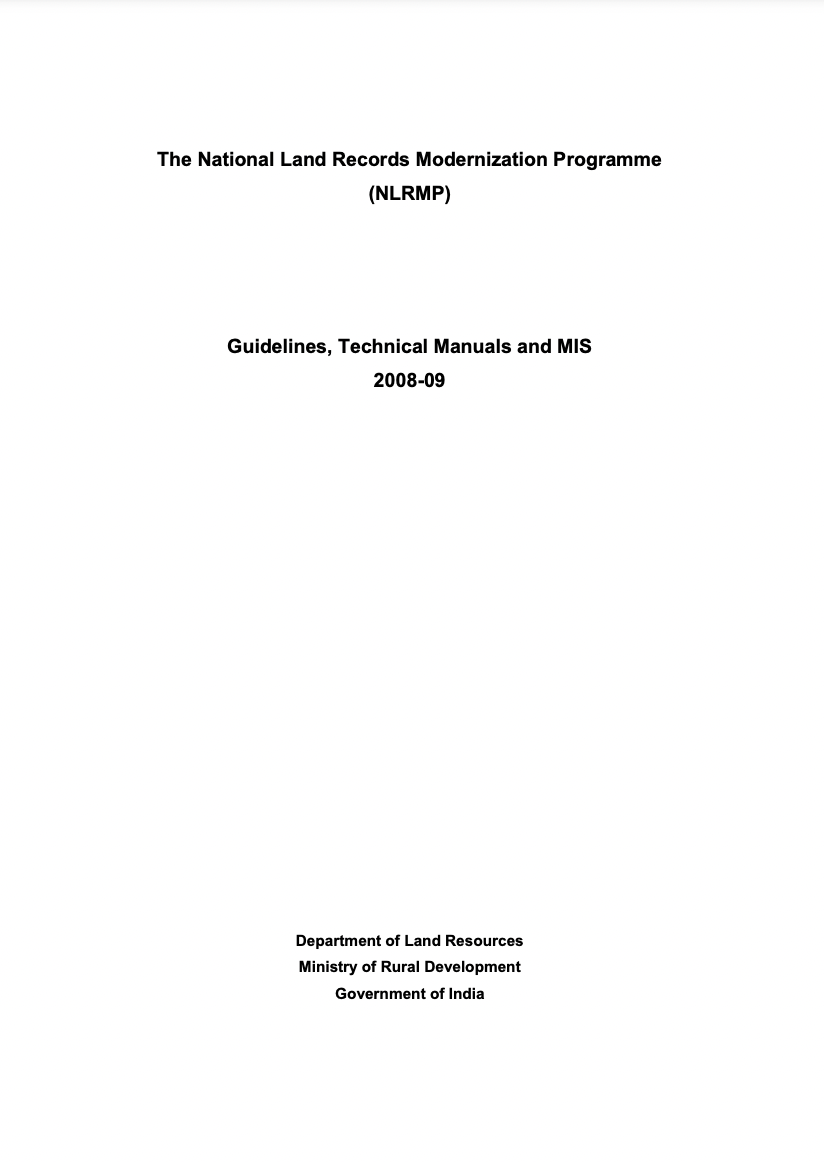Strategies To Address Challenges In Customary Land Administration, Governance And Dispute Resolution In Papua New Guinea
Customary land is increasingly recognised as an important governance issue in Papua New Guinea (PNG).
The aim of this paper is to identify challenges associated with land administration, land governance and land
dispute resolution in PNG as perceived by stakeholders; and to find potential strategies for promoting bankable
customary land titles. From the 2019 National Land Summit, a need for a new approach that is theoretically
better anchored in the current debate on bankable customary land leases has been identified. This paper builds

